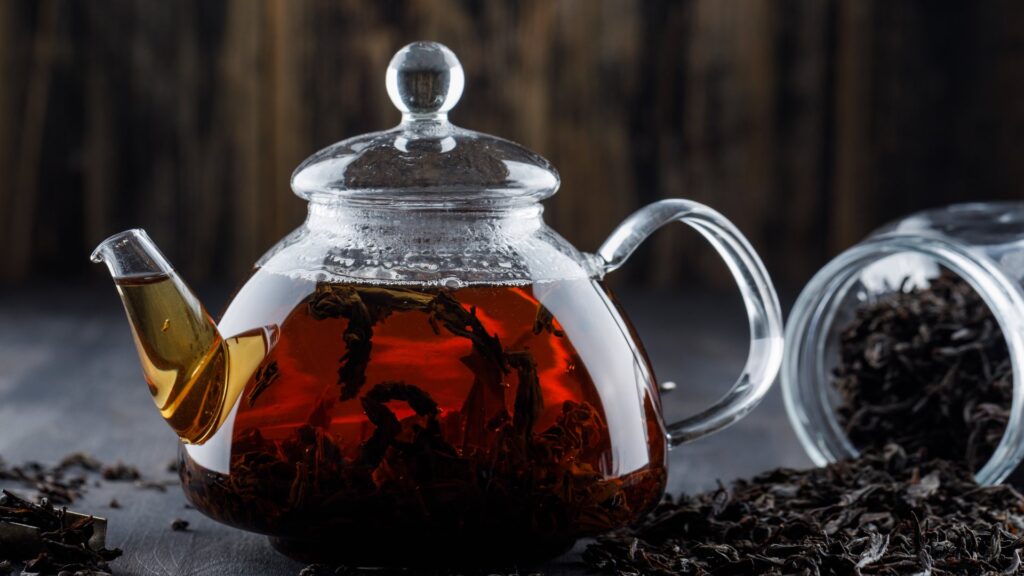Black tea is more than just a popular morning beverage — it’s a powerful drink packed with history, flavor, and health benefits. Made from the leaves of the Camellia sinensis plant, black tea undergoes full oxidation during processing, which gives it its distinctive dark color and rich taste. But beyond its bold flavor and energizing aroma, black tea offers a wide range of properties that make it a staple in many cultures across the world.
Key properties of black tea
One of the key properties of black tea is its high level of antioxidants, particularly theaflavins and thearubigins. These compounds are known to combat free radicals in the body, helping to reduce cell damage and support overall health. Drinking black tea regularly has also been linked to improved heart health. It may help lower blood pressure, reduce LDL (bad) cholesterol levels, and improve blood vessel function — all of which contribute to a healthier cardiovascular system.

Black tea contains caffeine, which can enhance alertness and improve focus, making it a great choice for those needing a gentle boost of energy without the intensity of coffee. It also contains L-theanine, an amino acid that promotes mental clarity and a calm, focused state of mind. This unique combination can help improve cognitive function while reducing stress.
Another benefit of black tea is its positive effect on digestion. It can promote the growth of healthy gut bacteria and support digestive health overall. Some studies even suggest it may aid in weight management by increasing metabolism and supporting fat oxidation. Additionally, black tea has antibacterial properties that support oral health, helping to fight plaque and reduce bad breath.
Whether you’re drinking it plain, with milk, or infused with spices, black tea is a timeless beverage that nourishes the body and calms the mind. It’s a daily ritual for many and a soothing companion during both busy mornings and quiet evenings. From its wellness benefits to its comforting presence, black tea is a brew worth savoring — one sip at a time.
